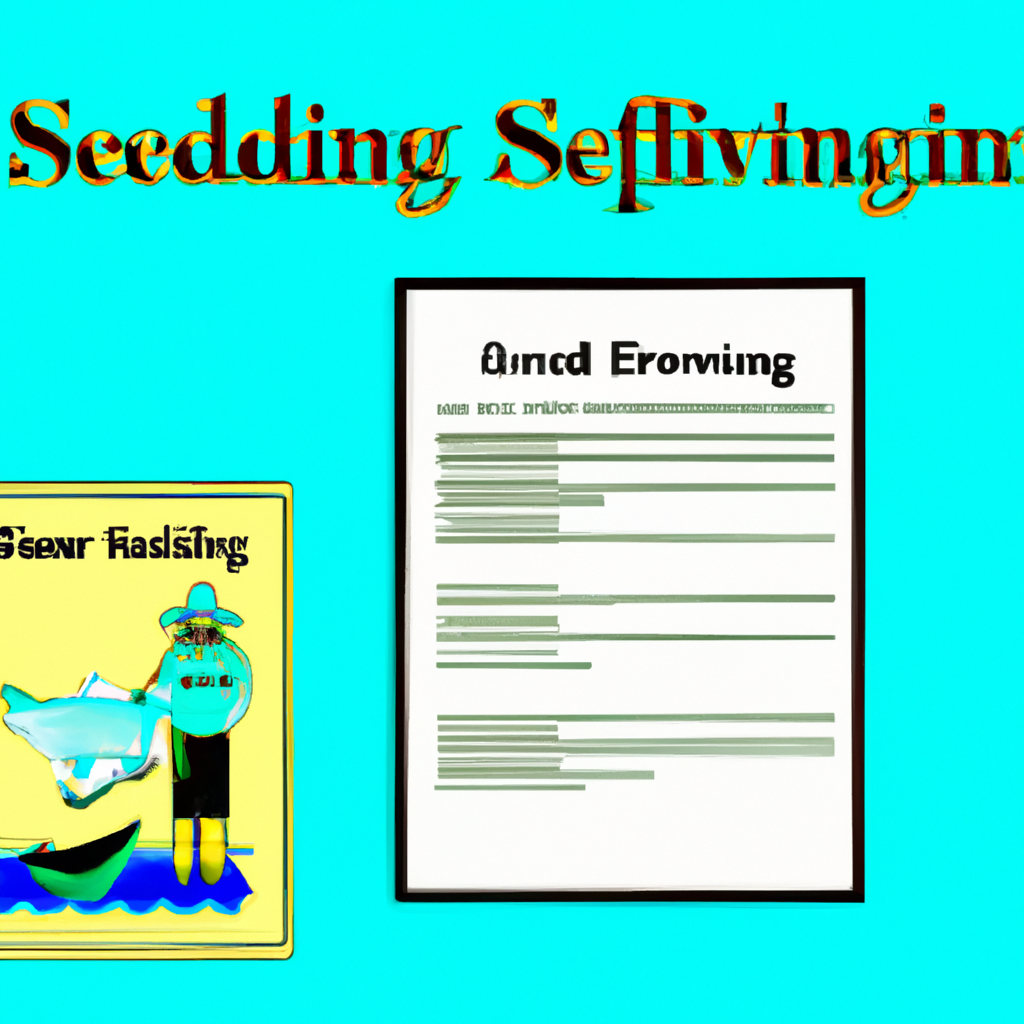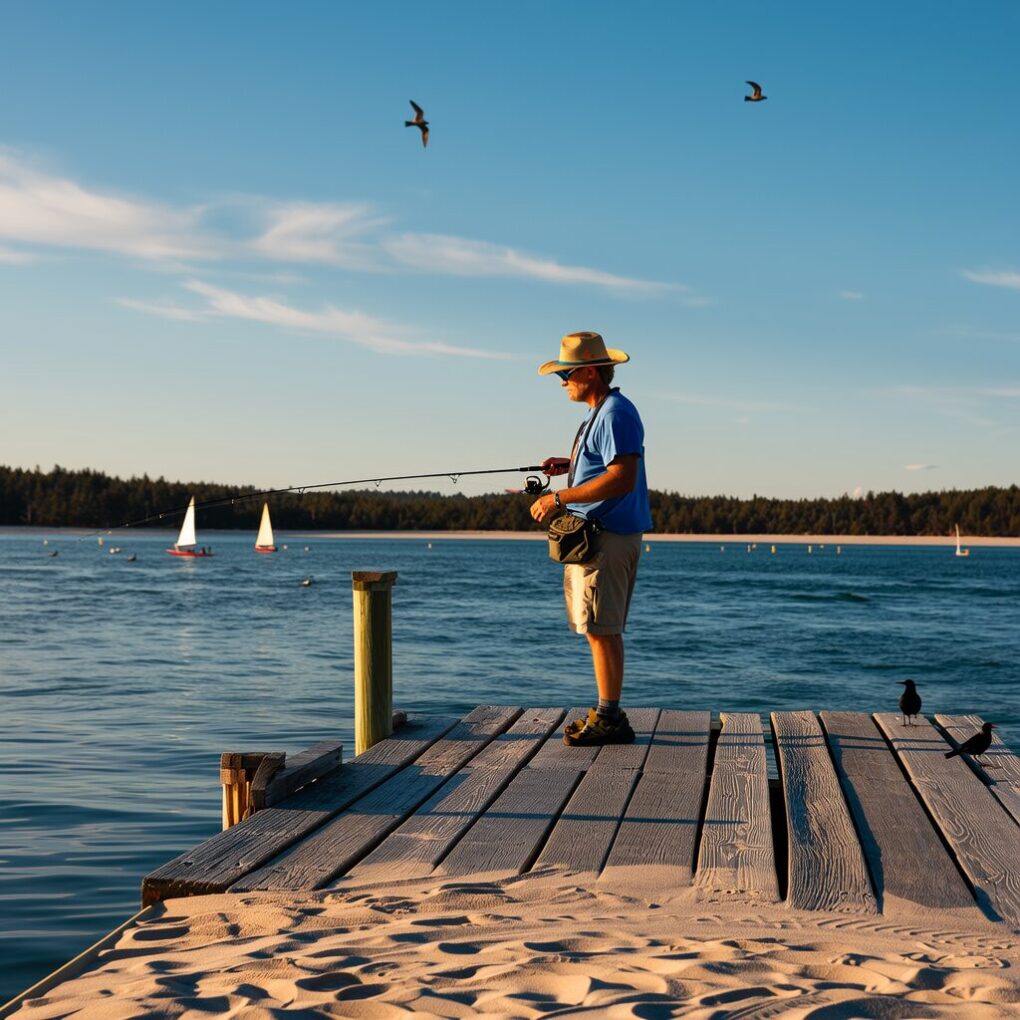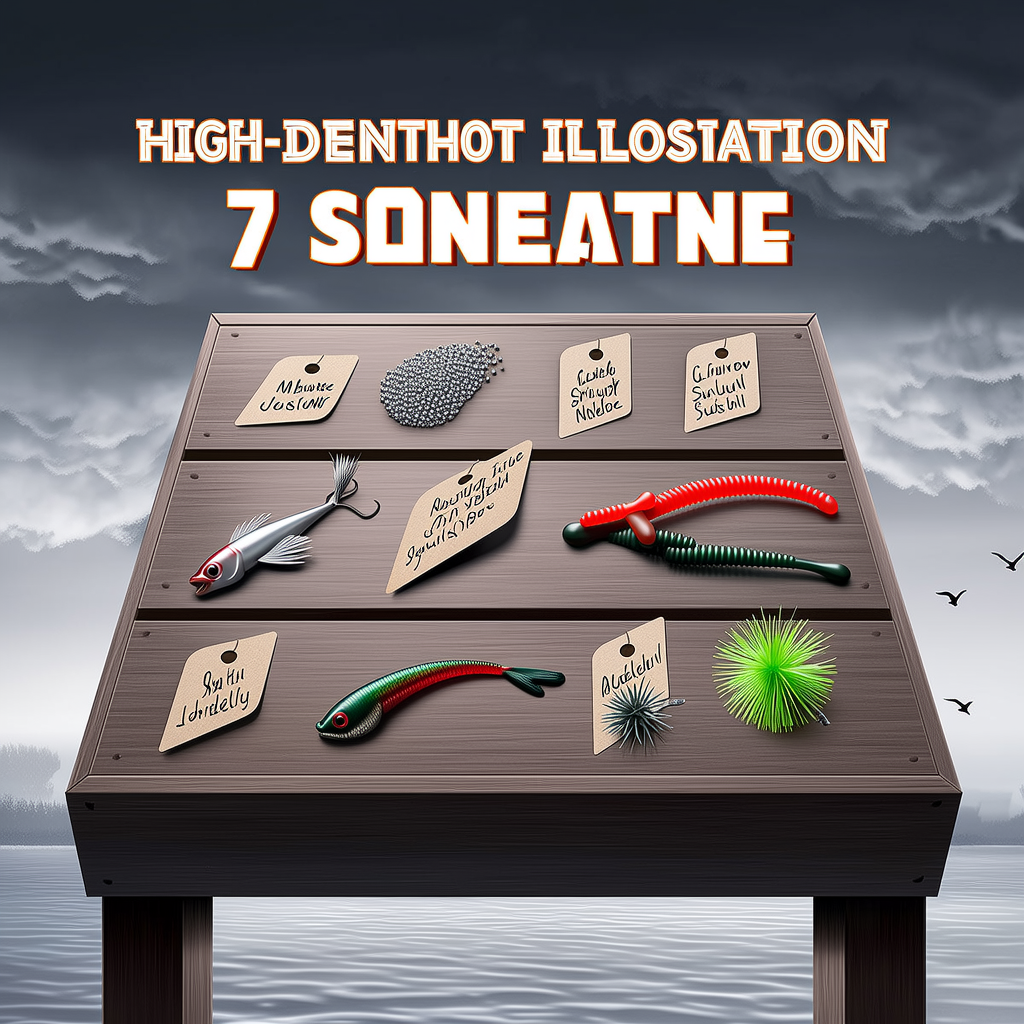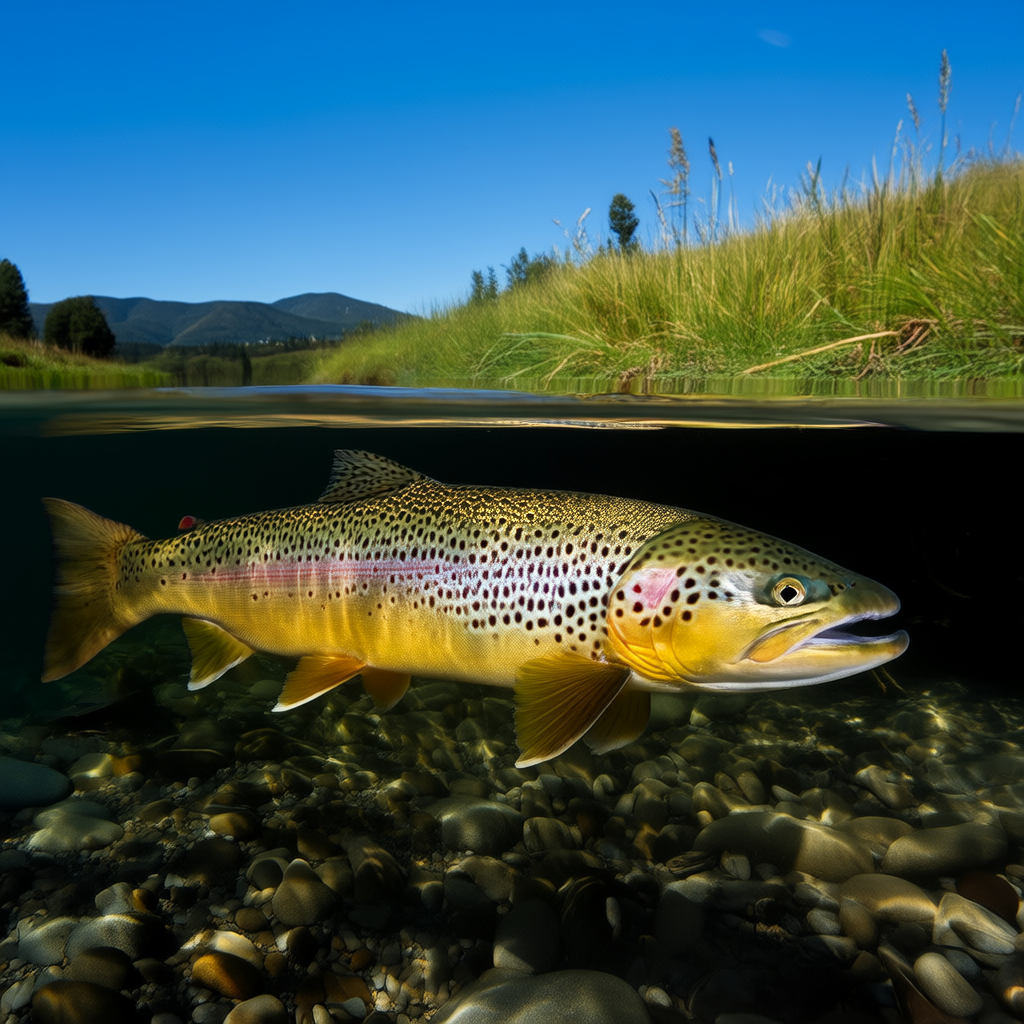Introduction
You’ll need a South Carolina fishing license if you plan to fish in the state. The South Carolina Department of Natural Resources regulates fishing in the state. All anglers must have a valid license before casting their line. This guide will cover all you need to learn about obtaining a SCDNR license, including how to obtain one and what types are available.
Who needs a SCDNR fishing license?
Anyone over 16 years old who plans to fish in South Carolina’s public waters must have a SCDNR license. Residents and non-residents are both included. There are some exceptions to this rule. If you are fishing in a private lake or pond that is not open to the general public, for example, you don’t need a license.
Types of SCDNR fishing licenses
SCDNR offers several types of fishing licenses including freshwater, seawater, combination and youth licenses. Each license has its set of rules and fees. Here’s a quick overview of the different license types:
Freshwater License
You’ll need to get a freshwater fishing license if you only plan on fishing in freshwater. This license allows you access to all public freshwater areas including rivers, lakes and ponds. The cost of a license for freshwater fishing varies depending on whether you are a resident or a non-resident and the type of license that you choose.
Saltwater License
You’ll need to get a saltwater fishing license if you plan on fishing in the sea. This license allows you fish in coastal waters as well as tidal streams. The cost of saltwater fishing licenses also varies depending upon the type of license you choose and your residency status.
Combination License
Consider a combination fishing license if you plan to fish in both saltwater and freshwater. This license allows you access to all public saltwater and freshwater areas of the state. A combination license is typically cheaper than buying separate saltwater and freshwater licenses.
Youth License
SCDNR offers a youth license at a discount for anglers younger than 16. This license allows young fishermen to fish in any public freshwater or saltwater area. A youth license costs significantly less than an adult one.
How to get a SCDNR fishing license
The process of obtaining a SCDNR license to fish is relatively straightforward. You can buy a license either online through the SCDNR’s website or at a licensed retailer. You’ll need to register on the SCDNR site and enter some basic information about yourself before you can purchase a fishing license online. You can find a list on the SCDNR’s website of retailers who are licensed to sell fishing licenses. Bring a valid ID with you when purchasing your license.
Fishing Regulations for South Carolina
SCDNR also has regulations that must be followed by all anglers. These regulations were put in place to protect fish populations and ensure ethical and safe fishing practices. Here are the most important regulations you should keep in mind.
Size and Bag Limits
The SCDNR has established limits on the size and number of fish an angler can keep. These limits can vary depending on where and what species of fish you are catching. Check the SCDNR’s website or the printed Fishing Regulation Guide for the latest limits.
Fishing Methods
SCDNR has also enacted regulations on the types and methods of fishing that are allowed. In South Carolina, for example, it’s illegal to use dynamite or poison to catch fish. Moreover, certain nets and traps types are prohibited.
Catch and Release
SCDNR encourages the catch-and-release fishing of certain species. If you don’t plan to keep a fish, you should release it as quickly and gently as possible. This helps ensure the sustainability and health of fish populations in South Carolina’s public waters.
Conclusion
If you plan to fish in South Carolina, then you will need a SCDNR license. This guide will cover everything you need about getting a fishing license, including different types of licenses and the regulations that you’ll have to follow when fishing. Keep a copy your license with you when fishing and practice ethical and safe practices to protect South Carolina’s fish populations.




